 We’re traveling around the globe to celebrate April’s Mother Runner of the Month: Rachel Pieh Jones, a 41-year-old mother of three (18-year-old boy/girl twins and a 13-year-old girl). A native Minnesotan, Rachel and her family have lived in Djibouti, Djibouti for over a decade.
We’re traveling around the globe to celebrate April’s Mother Runner of the Month: Rachel Pieh Jones, a 41-year-old mother of three (18-year-old boy/girl twins and a 13-year-old girl). A native Minnesotan, Rachel and her family have lived in Djibouti, Djibouti for over a decade.
“I can get kind of longwinded, especially when I’m passionate about something, like how I feel about women participating in sports and cross-cultural relationships,” the writer admits.
Longwinded? More like lovely! We want to hear more from Rachel, and will be chatting with her on an AMR bonus podcast that will be released on May 13th.

The Jones fam.
Into Africa: We’ve lived abroad since 2003: one year in Somaliland (northern Somalia) and 15 in Djibouti, a small pac-man shaped country on the Red Sea, bordered by Somalia, Ethiopia, Eritrea, and Yemen across the water.
How you properly pronounce Djibouti: Je-BOODY
From ‘sota to Somaliland: Minneapolis has the largest population of Somalis in the US. When we were first married, we lived in a high-rise complex filled with refugees from the Horn of Africa. My husband has a Ph.D. in education and a masters in engineering, and I studied linguistics.
We felt like we’d been given so much in terms of education and health, privilege and class, and wanted to be of service someplace internationally. So when our neighbors told us about Somaliland—a northern breakaway republic of Somalia—where life was peaceful (not the war-torn chaos of the south) and where the university was looking for English-speaking teachers to build up the next generation of leaders. My husband was offered a job, and we moved.
Running for their lives: In 2003, Somalia’s Mother Theresa, a woman who faced massacres, war, disease, terrorism, and gave her life to serve, was killed a few blocks from my house in Somalia. We had less than 30 minutes to pack one bag and fled with our twins in tow. Then another murder of a British couple happened, and we were evacuated.
We didn’t want to leave Africa yet, but those events spurred our move across the border to Djibouti.
We moved, and then we stayed. Three years ago, we launched our own preK-12 school, the International School of Djibouti.
(I have a biography about her coming out in October. The book is about love, courage, faith, and service and learning to reach across cultural and religious barriers, messages that I believe are so important today as we seem more and more divided.)
Rachel’s running start: A young woman came to work with us in Djibouti. She had just run a marathon in the US and wanted to keep running. She asked if it was safe in Djibouti for a woman to run and I didn’t know, so I said, “You should probably go with someone, just to make sure.”
She said, “You’re my boss and responsible for my safety, I’m going running. So you better come with me.” I did and our first mile had me dying, hands on my knees gasping, “People do this…for…fun?!” She just laughed. She was so much fun to be with that I started running just to hang out with her more.
And she’s hooked: Then another woman here told me about a 15km race in the desert, one of the flattest places on the entire planet. You just run straight for 15k. The start is two French fighter jets that do a flyby, zipping down over the mountains. There’s this bone-rattling BOOM and then you’re off, right at sunrise.
She made it sound so amazing that I decided to do it. Once I started training and racing, I was hooked.
Bibs she’s worn: I’ve now run that 15k race four times, two official half marathons in the US and one half that I raced on my own here, trying to break 2 hours. I did, 1:58:17, but it was far from official so I’m not sure I can claim that time as my PR, though I did make my own bib and train like it was the real deal.
I’ve done three marathons: Twin Cities 2011, Fargo 2012 (PR: 4:16), and Somaliland 2018 (second place, 5:02 roughly, total disaster, incredibly awesome experience).
Why running is the perfect expat activity: Things that expats focus on like language learning or developing cultural competency never end. I can’t cross off my to-do list “Learn Somali” or “Get fluent in French” or “Stop making cultural gaffes.” But I can start and finish a run and cross it off. Done. Productive in at least one area of life.
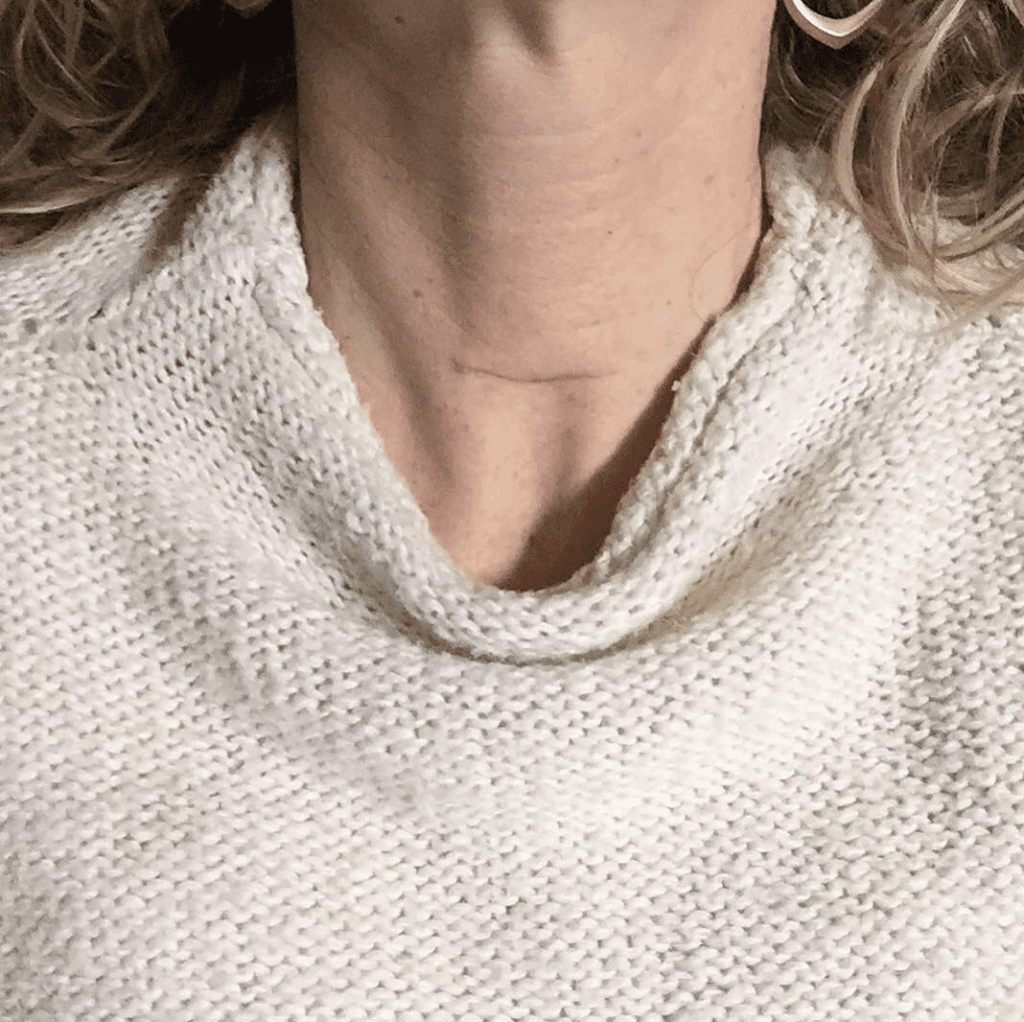
“Extremes. That’s what getting balanced without a thyroid and after surgery feels like.” [Rachel’s Instagram]
Crank it up: Winter lows are around 75. Summer highs are around 120. Sometimes there is high humidity, sometimes it’s extremely dry. From April through October, it is just plain hot and the temps don’t change much at night.
What the chork?: Sweat-wicking socks are key. I sweat through my shoes. As in, I leave sweaty footprints through the soles of my shoes, I can pour out the sweat after a long run, sometimes salty foam sweat comes fizzing out the uppers…does anyone else experience this?! I learned a great word: Chork. It is the sound feet make in wet shoes. I chork.
That said, I’ve almost never had a blister and its because of great socks.
#runningwhilefemale, the African edition: Over a decade running here, and I’ve got stories. I’ve been chased, groped, tripped, ogled (like men stop, their mouths drop open, and they stare with eyes bugging out), mocked, insulted, ass-pinched, had liquid dumped on me at a stoplight (thankfully just water; I’ve seen people throw bottles of urine at runners), been run off the road by cars, and stoned.
About a month ago, I sponsored a cancer-fundraising race. I ran alongside three Djiboutian girls (who completed the 10k as their first ever run of that distance!). We all felt rocks hit the backs of our legs and then a stone about the size of an apricot hit me in the temple. That was the first time I’ve been hit in the head. I hollered at the kid, he launched another stone at us, we dodged it, and ran on.
I mostly tried to block out the harassment, until I heard a podcast about #runningwhilefemale and while listening, I started bawling. I realized this has added up to some fear and trauma that I need to deal with.
Partly I do that by talking about it more with local friends and foreign friends, and speaking out against the harassment. Partly I do that by refusing to give into fear and harassment, and continuing to run.
It’s not all bad, part I: I once ran past a group of nomadic Somali men. They started talking about me and they were asking each other, “What is it?” “It’s a man.” “No, it has breasts. It’s a woman.” “But it’s running.”
They concluded I was a man.
It’s not all bad, part II: Once, I apparently ran right past a snake and didn’t see it. A taxi driver picked it up and started driving after me. I ignore all honks and cars, because it is usually negative, but he persisted.
So I finally glanced up and he said, “You barely missed getting bit by this snake.” He had run over it with his taxi and now had it in a plastic bag in the passenger seat. The thing was big, but I don’t know what kind.
We still see each other a few times a year and he always honks and cheers for me.
And part III: I love the camaraderie I feel with other runners here. Once in a while I see big groups of Djiboutian soldiers running and they will sing and clap for me in rhythm with their feet. I also love the moments when someone cheers me on, which are far more common than the harassment.

“I love the way running has rooted me to this place. I know the streets, the buildings and the shade they cast, the desert, the ocean, the sunrise, the heat, the call to prayer from the various mosques, the neighbors. I know the distances and the potholes, the effect of temperatures, the faces of others out early in the morning, the wild parrots, the scent of jasmine in the springtime. Running has imprinted Djibouti into my very bones.”
Sharing the love: I started a program in 2008 called Girls Run 2 They are featured in a Runners World and Saucony documentary called Finding Strong, from 2013.
The origin story: The two women who got me into running and I would go to the stadium to train. These young girls kept coming to the track. None of them were in school, and none of the local teams would take these particular girls, because they said they were troublemakers, belonged at home, were too likely to get pregnant.
But they kept coming to the track and wanted to join a team; to participate in races, you need to be on a team. So we started Girls Run 2 with the vision of helping them run, race, and get an education, while also developing character and building community.
In order to join, they had to stay in school or in a job skills training course. We helped them enroll and developed programs like sewing and cooking classes.

The girls are tough and can be a challenge, but they also love participating in something and feeling that the coach and others believe in them, and they believe in success for themselves.
Reaction to Girls Run 2: It varies. One family, when they found out their daughter was running, threatened to throw the coach in jail if she allowed the girl to continue.
I used to be told that our girls should go home to the kitchen, or that our uteruses might fall out, but I rarely hear those things anymore. Now that they see women can run and still have babies or that women who have children, like me, are physically capable of running, people are opening up.
This year, one thirteen-year-old raced in a 3k. Policemen blocked off the roads for the race and one of them was her father. He saw her finish and was so proud of her, he almost cried. He gave her 100 franc, about sixty cents—a fortune to her—and told her to buy some candy. A gesture like that was huge and really encouraging.

“NO WAY would I not finish. I did, and placed second (out of three women, only two finished, but I wasn’t last overall this time!). I took so long to finish, my trophy was stolen.”
The most epic race, period. The Somaliland Marathon. Favorite and hardest and worst. But it was such a privilege to run there, to feel so supported, to conquer a lot of my fears.
The week before the race I sat with other expatriates in Somaliland and they gave me phone numbers and tips for what side streets to duck down in case I would need help or an escape route. Another said, “A 5k, okay. But a marathon? That’s enough time for someone to decide they don’t like women running in their streets, go home and get their AK-47, come back and take care of the problem.”
In other words, everyone was afraid.
And personally, I had some PTSD from our evacuation and from the murders all those years before. I started cramping by mile 8 and vomiting around mile 18 and probably should have quit. A police follow car was assigned to me specifically. At one point it zoomed up ahead and I convinced myself it did that to ward off would-be al-Shabaab hostage takers. Turned out, one of the officers just need to pee into the bushes.
All that makes the race sound terrible.
But it wasn’t. It was awesome. People came out and cheered for me. Some ran along with me for a while. They clapped when I would start running again after vomiting. They were so supportive.
And I felt like I was running “for women.” For the right of women to participate, for freedom. It sounds melodramatic, and maybe it was, but I felt like I was running with all the Somali female athletes’ hopes on my shoulders and their strength in my body and I just had to finish.
NO WAY would I not finish. I did, and placed second (out of three women, only two finished, but I wasn’t last overall this time!). I took so long to finish, my trophy was stolen.
So even though that PTSD and my exhaustion from being so afraid kept me from running my best, I was running past my past, forging new memories of Somaliland, and reclaiming my courage, proving women can run marathons in Somalia. My big dream now is to bring a Somali woman to that marathon finish line.

One of Rachel’s runners–and her flock.
Advice for those who want to run internationally, especially in a place where running isn’t a thing: Running is one of my favorite ways to experience cities when I travel, so I really encourage people to get out there and do it.
First, though, especially in places where it might not be common, ask someone about safety or routes or clothing modesty.
Bring your phone. Don’t bring headphones: Not just for safety, but so that you can hear this new place and enjoy it on that level.
And don’t judge the place based on how people receive you as a runner. By that I mean you might be misreading a gesture or a stare if you only think of it as critical. In Somalia, yes, people stared and in Djibouti, yes, people sometimes harass.
But I have seen some of those same people change and start to embrace sport. And, I’ve talked with them about what is behind the stare: often it is surprised delight or feeling personally encouraged to run themselves.
It can be really easy to negatively interpret cross-cultural interactions and I urge people to give others the benefit of the doubt.


 We’re traveling around the globe to celebrate April’s
We’re traveling around the globe to celebrate April’s 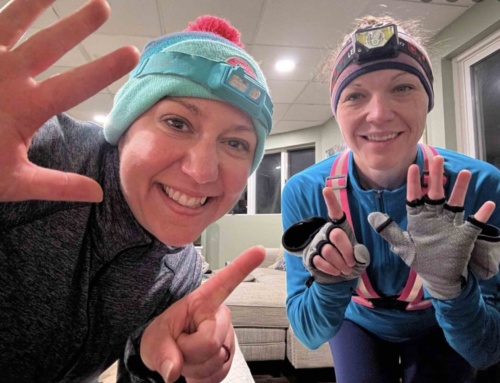
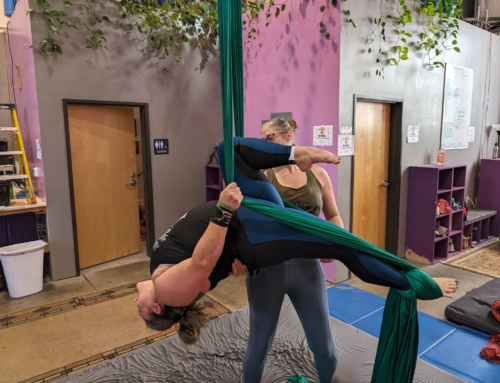
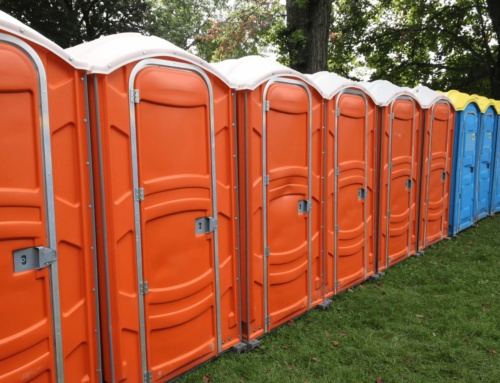
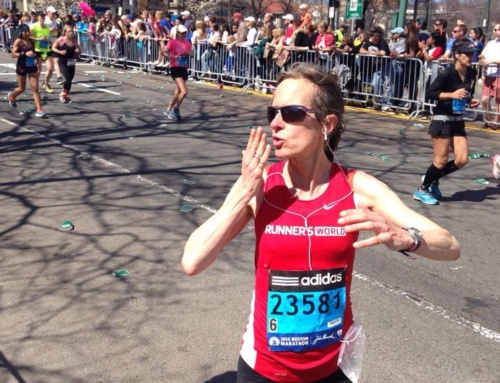
This is an inspiring story that makes me grateful for where I run! Keep up the great work, Rachel, safely!
Wow! Thank you for this story, and all that you do.
Finding a good state post thyroid cancer is indeed hard, and an ongoing lifelong process (as other body things change). But my marathon PR was set after thyca/full thyroidectomy/RAI, so it’s possible! Sending good thoughts. You’ve got the mental toughness for a whole running group, and that determination will make a huge difference.
What an amazing story! Really kicking myself now for complaining about the temps in Massachusetts getting warmer now…lol
I vacillate between a couple emotions here- one that I could never run in a place where women are treated so badly and where violence is so prevalent. Scared. Two I admire this family for trying to make a difference- but in places like these where government is so corrupt or nonexistent, I really see very little change happening over decades and decades of people like Rachel and her family trying so hard and putting their lives on the line. Brave. You could be just as needed and and more successful in the U.S. with running programs for girls who do not have the opportunities (yes there are many places in the U.S. where girls do NOT have a chance- appalachian areas and border towns. Be safe.
P.S. I have been without a thyroid for over 30 years…takes awhile to find the right meds to feel normal again. Hope you have access to a good endocrinologist over there…!
What an incredible story and journey! Thank you for sharing!!!
I love your grit and determination to conquer your fears. Congratulations, Rachel. You are an inspiration to many.
Bravo, Rachel! Through your work and example you are empowering women and girls which will have a lasting impact on Djibouti, lifting the country from within. Your heart and persistence are inspiring. It’s a lesson to all of us to bloom where we’re planted!
You’re a leader in so many ways! I love your strength and risk taking, which is what it takes to live your best life. I believe that’s what we’re here for. I’m so grateful for examples like you.
I spent about 10 years living and running in Africa! All of this hit home! Thank you for bringing girls into athletics and breaking those barriers. Stay safe and du courage (what all the Senegalese shout at runners)!
Thank you, ladies! Your comments are so encouraging. I would love to hear more from those of you who mentioned having no thyroid…especially getting your PR after surgery – that is awesome! I’d love to hear about your return to training and if it felt different to before?
What an amazing story! Thank you for all you do for those young ladies. I just watched the documentary and it was very inspiring. I’m excited to show it to the Cross Country runners I coach!
RE running after thyroid cancer (and with no thyroid) — you can definitely do many more marathons, at least in my experience! I felt fuzzy-headed and not quite right for 6-9 months while my body adjusted to the meds, but that was 10 years ago and I’ve been fine ever since. I even got my only (so far) BQ in the years post-cancer. Hang In there and it’ll get much better!
Anyone up for starting a fundraiser for this girls running group in Djibouti?